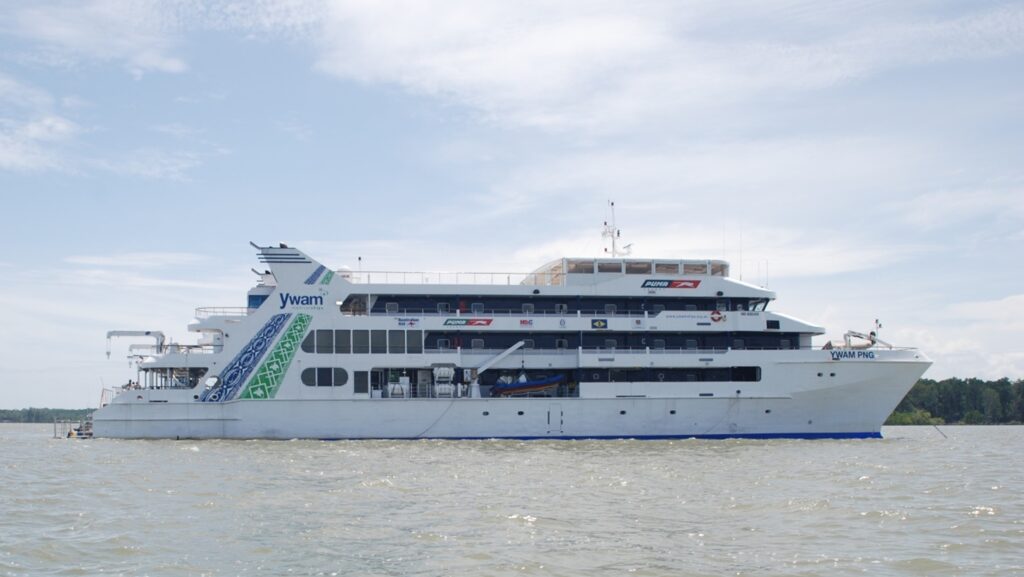As water supplies are increasingly being sourced from unconventional sources like seawater and wastewater, the carbon cost of water treatment is increasing. Desalination and wastewater treatment methods often require more energy than conventional water treatment methods. Electrical energy is used to treat and supply from unconventional sources via pressure and distribution pumps. Decarbonizing water supplies can happen in a number of different ways.
Decarbonization of energy system
Decarbonisation of electrical energy predominantly takes the form of renewable energy sources like solar and wind power. The transition from grid powered energy to renewable energy requires careful design. Given the variability of renewable energy supplies, battery backup systems are often used to ensure constant power supplies. This is particularly true when systems are taken off-grid. However, a balance needs to be struck between power availability and daily water treatment capacity. A grid powered system running 24 hours a day will power a smaller water treatment system than a renewable energy powered system with the same daily capacity.
Modern inverters allow for a range of backup power options to smooth supply including grid and generator connections. Many water treatment systems are having their carbon budget reduced by running the power system in a “hybrid” configuration where renewables are used to power the system for 2/3 of the daily operating hours and grid/generator is used to ensure 24 hours of power availability.

Decarbonization through water efficiency
Decarbonizing water treatment systems is not just about reducing the carbon footprint of the energy system. Reducing the daily water production required by consumers will in turn lead to savings in carbon use as water treatment systems will reduce in size (and therefore power demand). Water efficiency initiatives promoting reducing water losses in pipe networks are one way to reduce supply volume. Another is to promote the use of higher efficiency water fittings and water conservation among consumers.
Decentralised production offers another route to reducing the carbon budget for a given location. Extensive distribution networks increase the likelihood of non-revenue water loss via leaks in pipe networks. Longer pipelines also require additional pump stations to ensure water pressure is maintained – all of which add to the carbon footprint of the treatment and distribution system.
Water carting is still used for remote communities which cannot be serviced by a centralized treatment system. Often diesel trucks are used to cart water into these locations to fill local storage tanks. A better option is to produce water locally using a decentralized water treatment system. This allows for local water production, reducing the distance water is pumped. Decentralized systems can also be run using renewable energy, reducing the carbon footprint as power is produced locally.

Decarbonization through material selection
Decarbonizing water treatment systems can also be achieved through the use of quality componentry. By using longer lasting equipment which requires less servicing and replacement, less carbon is used for manufacture and transporting replacements and personnel to site. The total carbon footprint of a water treatment plant can also be reduced by using sustainable materials. For example, materials like green steel and bamboo flooring for shipping containers will all reduce the total carbon footprint of a containerized water treatment plant.
When parts do need to be replaced on water treatment systems, locally available parts should be used. This reduces the distance required to transport the parts to site. If parts do need to be transported large distances, then lightweight componentry can be used to cut down on the carbon cost of transportation. Sustainable packaging, like cardboard or starch-based materials, should be used where possible, to protect items for shipment. These items will generally have a lower carbon cost and can be reused or composted.

Moerk Water consider a broad range of sustainability concepts during the design of low carbon water supplies. Contact Moerk Water today to discuss more about decarbonising your water supply.




